H.R. 4323: Trafficking Survivors Relief Act of 2025
The Trafficking Survivors Relief Act of 2025 aims to provide specific legal relief for individuals who have been victims of human trafficking and subsequently convicted of certain crimes as a result of their victimization. Here’s a breakdown of the key elements of the bill:
1. Expungement of Convictions and Arrests
The bill allows victims of human trafficking to seek the expungement of state and federal convictions and arrests tied to their victimization. It defines two categories of offenses: level A (non-violent) and level B (violent) offenses.
- Level A Offenses: Individuals convicted of these crimes may petition the court to vacate the judgment if the offense occurred as a direct result of their status as a trafficking victim.
- Level B Offenses: Individuals arrested for these crimes can move to expunge their arrest records if their alleged conduct was related to their victimization, which includes specific conditions like being acquitted or having the charges dismissed.
2. Court Procedures
The bill details the procedures for filing motions to vacate convictions or expunge arrests, which must include:
- A written motion with supporting evidence.
- A mandatory hearing if the government opposes the motion within a specified timeframe.
- Factors to be considered by the court in deciding on the motion.
3. Definitions
The bill provides clear definitions for terms like “victim of trafficking,” “level A offense,” and “level B offense” to establish eligibility for relief. It also mentions that the court may use testimonies from professionals in anti-trafficking services as evidence for supporting claims of victimization.
4. Mitigating Factors for Sentencing
For individuals already sentenced for level A or level B offenses who are also victims of trafficking, the bill allows courts to reduce their sentences if it can be shown that their offenses were a direct result of their victimization.
5. Fees and Confidentiality
No fees can be charged to individuals filing motions under this Act, and the proceedings related to these motions must be confidential, safeguarding the identity of the victims.
6. Reporting Requirements
After the enactment of the law, various reporting requirements are placed on U.S. attorneys to track motions for vacatur and expungement, alongside assessments of the law's impact on human trafficking survivors.
7. Human Trafficking Defense in Court
The bill also introduces a legal defense for individuals charged with certain offenses, allowing them to claim duress if they were victims of trafficking at the time the alleged offense was committed.
8. Applicability
The provisions for expungement and vacatur apply to any offenses committed before, on, or after the date the bill becomes law.
9. Sense of Congress
The legislation expresses Congress's commitment to combat human trafficking and support survivors, recognizing the need for ongoing solutions to protect vulnerable individuals from traffickers.
Relevant Companies
None found
This is an AI-generated summary of the bill text. There may be mistakes.
Sponsors
20 bill sponsors
-
TrackRussell Fry
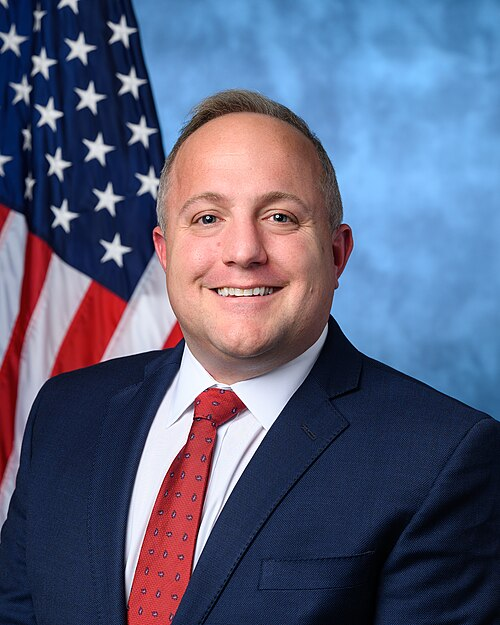
Sponsor
-
TrackEarl L. "Buddy" Carter

Co-Sponsor
-
TrackDebbie Dingell

Co-Sponsor
-
TrackJesús G. "Chuy" García
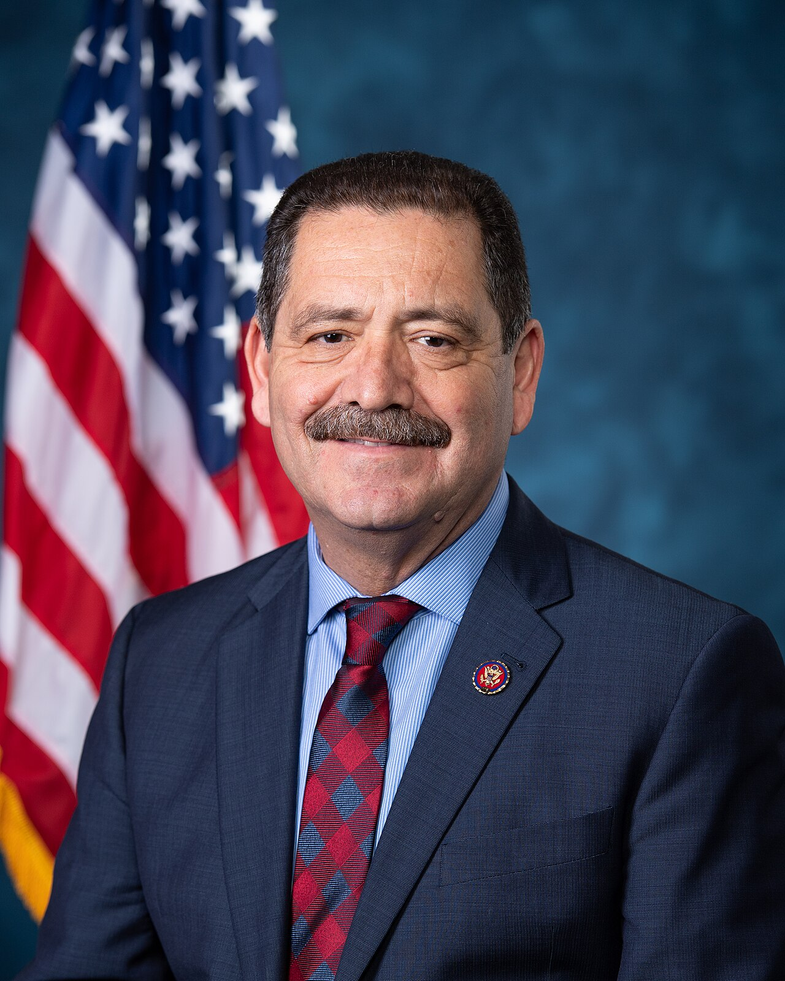
Co-Sponsor
-
TrackMark Harris

Co-Sponsor
-
TrackHenry C. "Hank" Johnson, Jr.

Co-Sponsor
-
TrackThomas H. Kean, Jr.
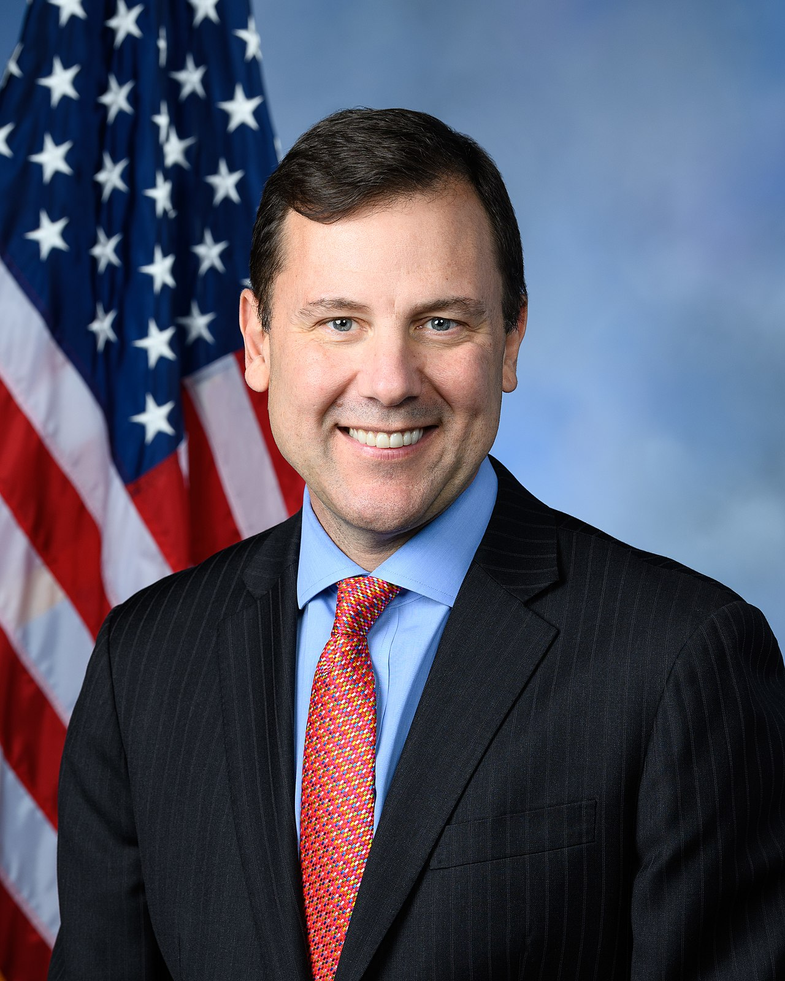
Co-Sponsor
-
TrackKevin Kiley
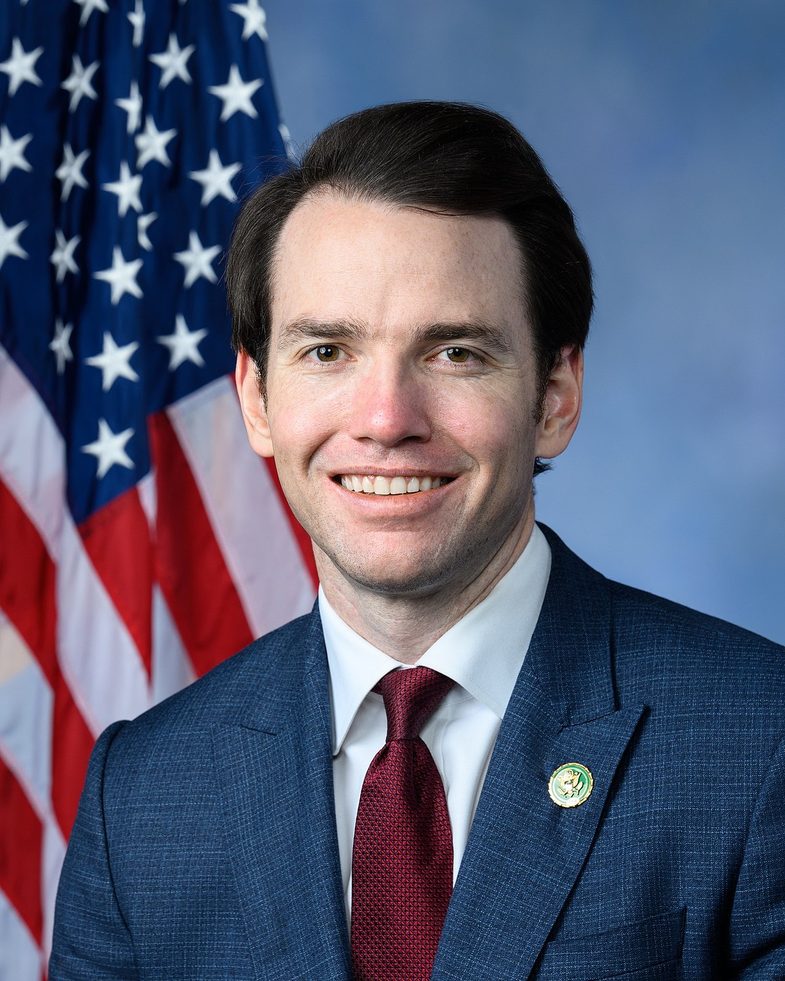
Co-Sponsor
-
TrackGreg Landsman

Co-Sponsor
-
TrackTed Lieu
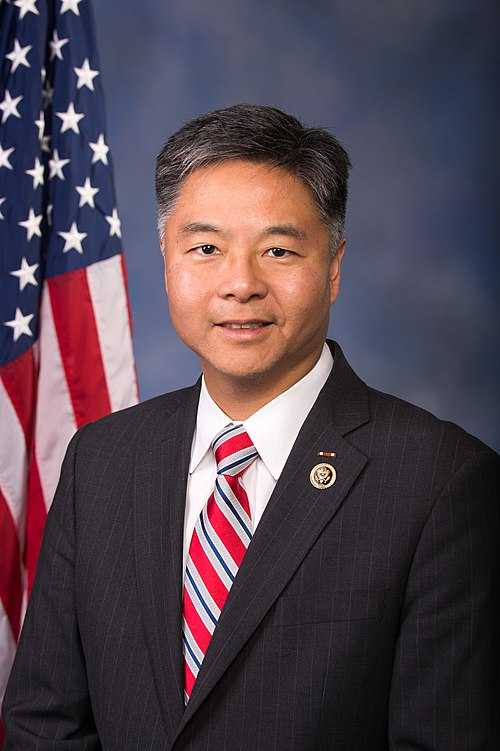
Co-Sponsor
-
TrackSarah McBride

Co-Sponsor
-
TrackMax L. Miller
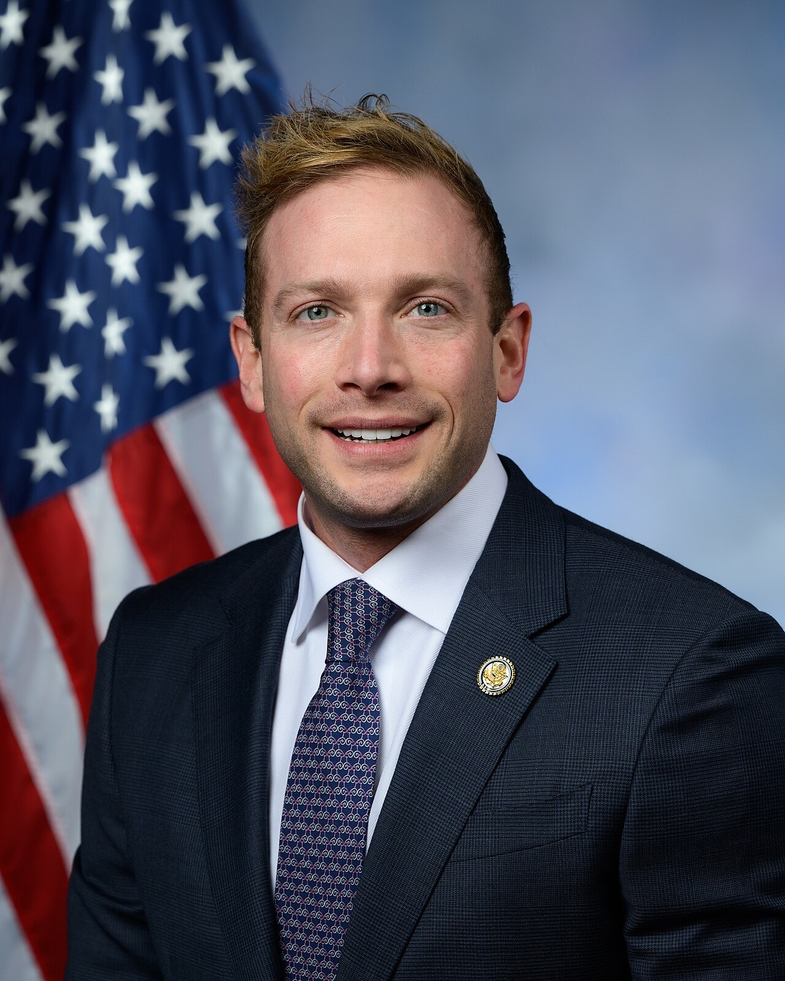
Co-Sponsor
-
TrackBurgess Owens
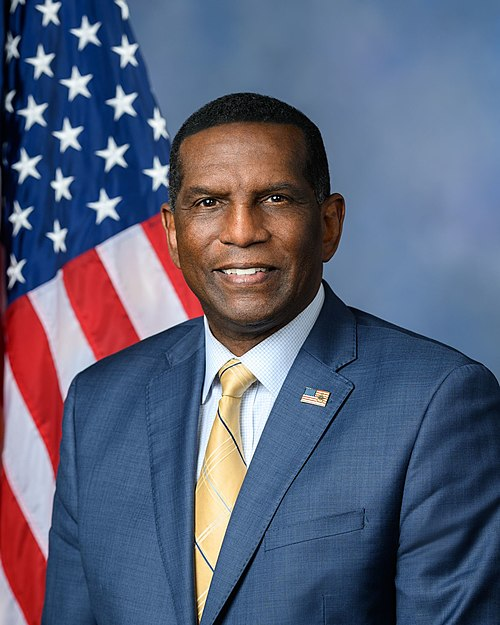
Co-Sponsor
-
TrackJohn H. Rutherford
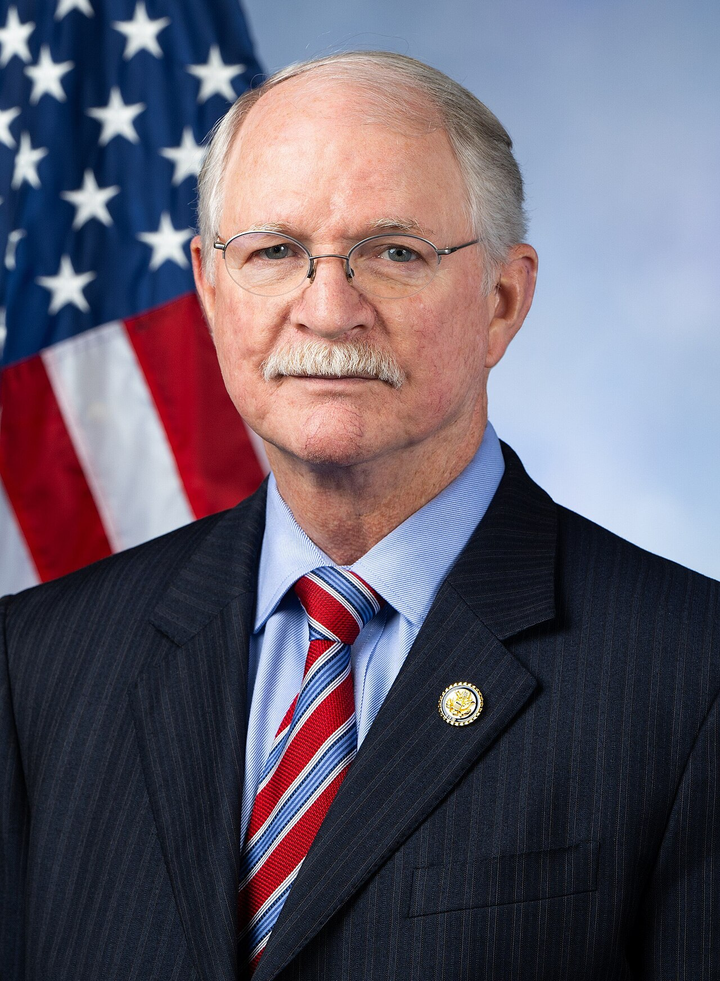
Co-Sponsor
-
TrackDerek Schmidt
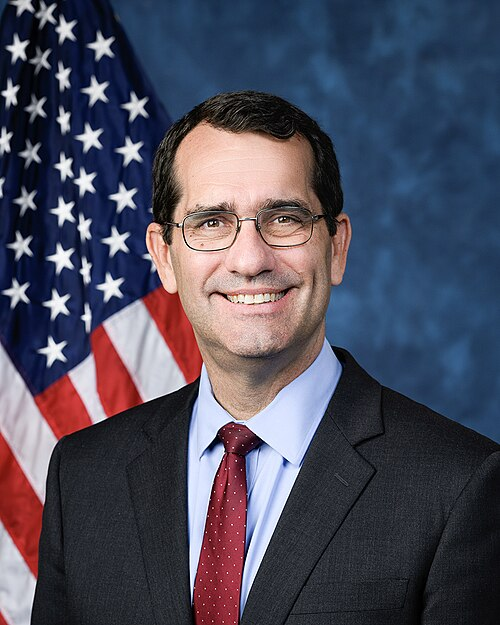
Co-Sponsor
-
TrackKeith Self
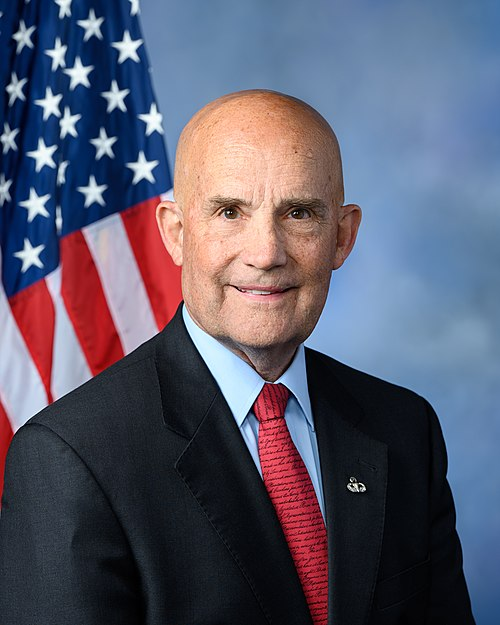
Co-Sponsor
-
TrackChristopher H. Smith

Co-Sponsor
-
TrackMike Thompson
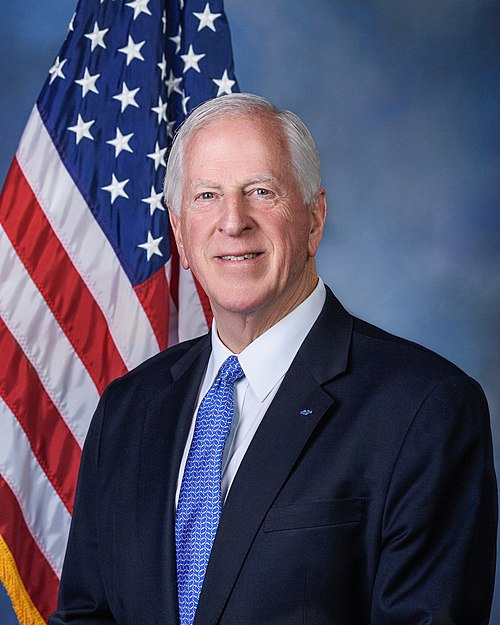
Co-Sponsor
-
TrackEugene Vindman

Co-Sponsor
-
TrackAnn Wagner
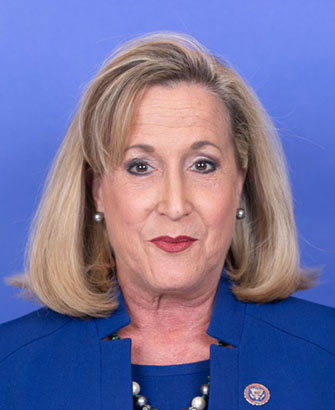
Co-Sponsor
Actions
13 actions
| Date | Action |
|---|---|
| Dec. 02, 2025 | Received in the Senate. |
| Dec. 01, 2025 | Considered under suspension of the rules. (consideration: CR H4919-4923) |
| Dec. 01, 2025 | DEBATE - The House proceeded with forty minutes of debate on H.R. 4323. |
| Dec. 01, 2025 | Motion to reconsider laid on the table Agreed to without objection. |
| Dec. 01, 2025 | Mr. Fry moved to suspend the rules and pass the bill, as amended. |
| Dec. 01, 2025 | On motion to suspend the rules and pass the bill, as amended Agreed to by voice vote. (text: CR H4919-4921) |
| Dec. 01, 2025 | Passed/agreed to in House: On motion to suspend the rules and pass the bill, as amended Agreed to by voice vote. (text: CR H4919-4921) |
| Oct. 17, 2025 | Placed on the Union Calendar, Calendar No. 299. |
| Oct. 17, 2025 | Reported (Amended) by the Committee on Judiciary. H. Rept. 119-347. |
| Sep. 10, 2025 | Committee Consideration and Mark-up Session Held |
| Sep. 10, 2025 | Ordered to be Reported (Amended) by Voice Vote. |
| Jul. 10, 2025 | Introduced in House |
| Jul. 10, 2025 | Referred to the House Committee on the Judiciary. |
Corporate Lobbying
0 companies lobbying
None found.
* Note that there can be significant delays in lobbying disclosures, and our data may be incomplete.
Potentially Relevant Congressional Stock Trades
No relevant congressional stock trades found.